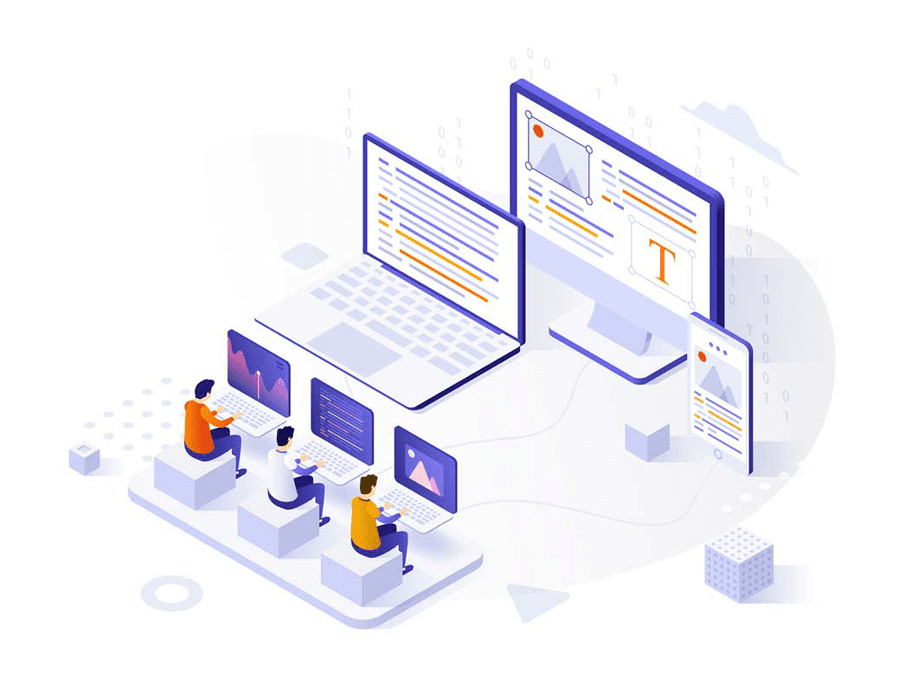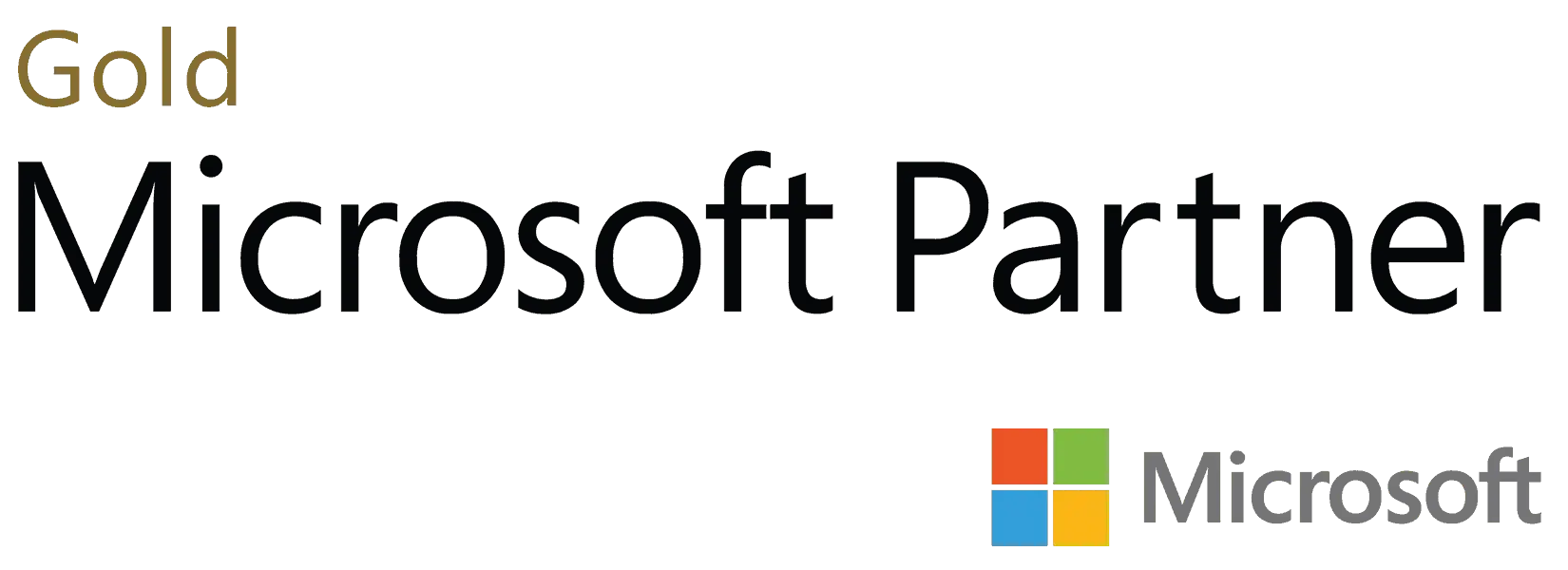PCApps Blockchain Commitments
01.
Design
PCApps works with key leaders in the organization to identify key problems and designs a system that solves your problems
02.
Quality
PCApps commitment to industry-leading quality standards guarantees your blockchain system will stand up to critics.
03.
Innovation
PCApps will not be caught sitting down when it comes to innovation. As technology and our industry change, we keep our ear to the ground to identify and utilize important beneficial tools.
04.
Execution
PCApps not only builds blockchain tools, but we offer extensive training and consulting on the most advantageous utilization of your new tools.
PCApps Knows Blockchain!
Practical Computer Applications, Inc. (PCApps) offers premium enterprise blockchain development and consulting services. PCApps is a USA-based company with scalability, security, and high performance being the foundation of our development process. We offer consultation and development of Hyperledger Fabric, Public and Private Blockchain Development, Smart Contract Development, and more. Contact us to start your blockchain project or to implement a blockchain solution to improve an existing product. Serving 15+ industries, we offer tailor-made Blockchain Application development to industries to generate high revenue and business growth. You are in the right place, regardless of the industry you serve.
PCApps develops Blockchain solutions for corporations and organizations where data is a vulnerable and critical element. PCApps offers secure and scalable Blockchain product development with no data manipulation possible and high-speed data transfers which cannot be forged. Blockchain technology has not reached its full potential yet, and the benefit of using Blockchain is an ever-growing list.
The use of Blockchain Technology offers a significant level of transparency and security. However, most organizations find it challenging to harness the full potential of Blockchain to get tangible results for their business. Our team is passionate about using our technical capabilities, experience, and product mindset to help you effectively extract the most business value from your Blockchain implementation. PCApps offers high-quality Blockchain solutions to increase business growth with high customer ROI.

Blockchain is a revolutionary technology that has evolved drastically over the last few years and is a true peer-to-peer network that will reduce reliance on some types of third-party intermediaries. The Blockchain is a public database distributed through online networks. Think of it as a ledger that stores a constantly updating record of every transaction.
While many people automatically tie Blockchain to Cryptocurrency, Blockchain technology will benefit far more industries than banking and currency. How can your industry benefit from an automated verification process that is distributed?
Unlike a standard database, the Blockchain records its data in a different structure. Instead of submitting individual entries into a table format, data is collected and saved in groups, called “blocks.” The Blockchain is made up of consecutive “blocks” that store an accounting of relevant information, such as transaction time, amount, addresses, and other details involved in a transaction or exchange. The “block” in a blockchain is a ledger of publicly available data. This could be about anything, from the details of a monetary transaction to medical records to proof of ownership. It could be shared by a small group of friends, or open for anybody in the world to build on. Each “block” of data is linked to the block before it using a cryptographic algorithm. Copies of the Blockchain are distributed to the network users and interconnected on computers called “nodes.”
Blockchain technology tackles the issue of digital trust by securely recording important information in a public space. Data stored on the Blockchain exists in a shared and continually reconciled state. Data is decentralized, can be encrypted, and timestamped. Data cannot be tampered with or changed retrospectively. In centralized systems, a single entity exists, like a ruler, who has overriding control over all matters on the platform. If the ruler is manipulated or corrupted, there is little recourse other than leaving that platform entirely. This is dire for corporations and organizations where data is a vulnerable and critical element.
Organizations develop blockchain solutions to solve the problems that current centralized systems fail to address and to take advantage of the additional benefits that can only be gained from a properly implemented Blockchain solution. There are many benefits and advantages to the Blockchain.
Greater Transparency-Transaction histories become more transparent with blockchain technology. The data is more accurate and consistent over time, giving users a sense of trust and accountability.
Faster Processes- Eliminating the traditional, paper-heavy processes involving third parties took more time than Blockchain ever will. Thereby reducing costs.
Enhanced Security-Approved transactions are encrypted and linked to the previous transaction and then stored across a network of computers, providing security. Blockchain’s unique security infrastructure services offer your enterprise an additional layer of security.
Automation- Blockchain is a programmable process that can be automated to execute transactions such as payments when pre-defined conditions are met. This eliminates the need for intermediaries to assist and verify the transaction. This also eliminates human error and fraud.
Reduced Cost- Blockchain eliminates the interference and gatekeeping of third parties. The absence of intermediaries and the elimination of documentation reduces costs and allows for a smooth transaction.
Blockchains come in different forms and implementations. The type of Blockchain network that PCApps will recommend for your project is based on your goals, business constraints, integrations, governance, and more. Below are the various types of Blockchain networks.
Consortium Blockchains- The consortium blockchain is a system that is ‘semi-private.’ It lies in the middle of being fully open and centrally controlled. There is more likely to be a trusted consensus, as multiple organizations have a stake in the outcome. As in open systems that are accessible to everyone and private one that only allows one enterprise, consortium blockchain allows multiple organizations to function as validators. It provides various organizations with a common way to carry out transactions or relay information.
Semi-private Blockchains- Access is granted to the Blockchain by choice; the private part of the Blockchain is dealt with and controlled by the ones in charge, whereas the public part is left open for everyone. This public/private Blockchain helps increase the system’s security and provides consistency and validity for both the private and public. This model is used where the private part is kept internal and secured among known participants, and the part is left open for the participation of the public
Private Blockchains (aka. Enterprise Blockchains)- A “private blockchain” is a blockchain whose blocks are written and controlled by an individual or a single organization. Private Blockchains are typically used in enterprise solutions to solve business cases and underpin corporate software solutions. The participation nodes in private blockchains are limited and controlled, which allows them to achieve breakneck transaction speeds, better privacy protection, lower transaction costs, and less vulnerability to malicious attacks; hence they are more centralized. Private Blockchains are valuable for enterprises that want to collaborate and share data but don’t want their sensitive business data visible on a public blockchain.
Public Blockchains- Public blockchains are open source. They allow anyone to participate as users, miners, developers, or community members. All transactions on public blockchains are fully transparent, meaning anyone can examine the transaction details. Anyone can read a public blockchain, send transactions to it, or participate in the consensus process. Bitcoin and Ethereum are prominent examples of public blockchains. Anyone can participate and engage with the consensus mechanism (for instance, by mining or staking) as anybody is free to join and to be rewarded for their role in achieving consensus.










